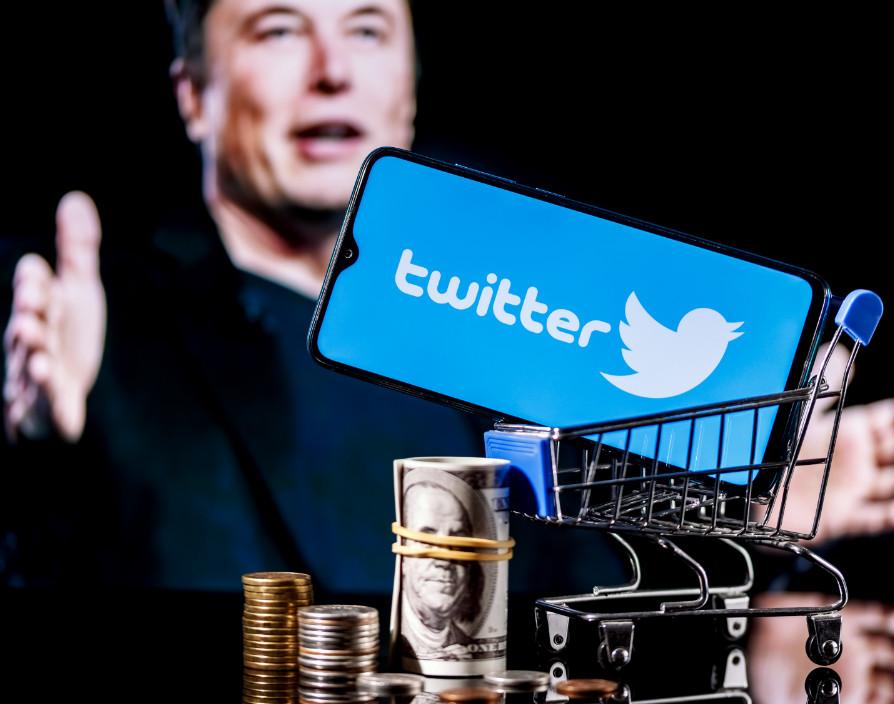With the recent furore around Elon Musk’s cavalier takeover of Twitter, and the subsequent fleeing of advertisers and users, it seems a good time to discuss the merits – or otherwise – of having a person, or personality, behind a brand.
Tesla and car brands are a good place to start. Tesla’s rise as a brand (valued at $570bn) over rivals such as Polestar ($20bn) must have a great deal to do with Musk’s entrepreneurial skills but also his ability to self-promote. Polestar’s strong automotive credibility and experience, yet modest northern European demeanour, has been no match. Yet it is a high-risk strategy when your future is invested in one person. As I move towards buying an electric car I am not so sure I or others want to be associated with the likes of Elon Musk by buying a Tesla – what would the neighbours say?
In times past, British modesty meant that great leaders of the car industry were either behind the scenes doing great works, like William Lyons at Jaguar, or also on the badge but not the headlines, like Messrs Rolls and Royce. Both brands were built on their enterprises but remained unhampered by their personal shenanigans – if there were any.
Of course, all successful brands should outlive their founders and Lyon’s Jaguar and Enso’s Ferrari have done just that. Their spirit continues through their dedicated fan base, customer’s workforce and investors.
Ferraris and Jaguars are emotive brands, but what about those day-to-day products we buy in the supermarket? The real Ben and Jerry’s or the fake Uncle Ben’s (oops sorry I meant Ben’s Original…). Ben & Jerry’s was bought by Unilever back in 2000 but from a consumer perspective Ben and Jerry lives on in the brand. This was because their ethos was both aligned and respected by Unilever. Mars did a ‘slight-of-hand’ rebrand to avoid the issues surrounding the Black Lives Matter campaign, and rightly so, but in the process have removed any sense of personality the brand was intended to have – who is Ben? “Oh, well he was a pretend, but trusted and reliable black, general storekeeper in the deep south of America where the best long grain rice is grown – he only sold the best”. And now I have no idea.
Dutchy originals are an interesting example. Set up by King Charles when he was the Prince of Wales, it is now strongly connected to Waitrose and still contributes to the The Prince of Wales’s Charitable Fund. The Prince and King has had his fair share of ups and downs with public opinion, particularly in the world of sustainability. He was seen as a bit of a crackpot at the vanguard of environmentalism, but is now a leading light at COP27 even though he wasn’t allowed to go. His passion and mission runs strongly through the brand, along with a sprinkling of royal panache – if not his direct personality. It’s almost as though by focusing on these valuable traits, which appeal strongly to its affluent middle-class consumer, the brand can ride over the bumps and dips of life in the spotlight.
We work with many brands that have been passed from one corporate owner to the next. On the way losing most, not all, of the stores and personalities that help form and build them in the first place. Often their original reason for being is no longer relevant or appropriate to today’s consumer and so change and adjustment is necessary. I recall working on a box of chocolates with a rose on the front rebrand many years ago and looking for something substantial to build the brand on – the answer was always: “Well, it’s an affordable box of chocolates” and then tumbleweed. It was almost like starting again and at the time brand managers were changing so regularly that it was incredibly difficult to get anything to stick. What it needed was an internal champion. Someone or a group of people who live for the brand, who are passionate about it and are clear about its purpose. That first needs a clear ethos and reason for being that they can buy into. The passion and personality will then follow on through those champions, whether they are in the back room or splashed across advertising.
The one chink in this plan is the rapid turnaround of staff in big multiband organisations. It is accepted that staff need to move on every few years to gain a promotion and salary increase. However, these short tenures on a brand don’t build brand memory or give time to see visions through, so brand direction inevitably will chop and change. Perversely, it is often the incumbent agencies who hold the real brand DNA of history and vision and with it a passion for the brand they work on. I know companies like Unilever are aware of this and are looking for ways to grow their staff careers without constant change, but I wonder if they realise quite how important the individual people behind their brands are to their brands success. Not just in their hard work and intelligence, but in their passion and loyalty to the brands they work for.
Whilst we love our individual brand champions like Richard Branson at Virgin Atlantic, or Yvon Chouinard at Patagonia, and whilst we may need these individuals to kick start their movements, in this more democratic world do we need more of a teamwork approach to holding up the brand’s standard for all to see. To do that, founders need to pass on their passion in a clear and engaging way. Just like Enso did at Ferrari.
Share via:









































